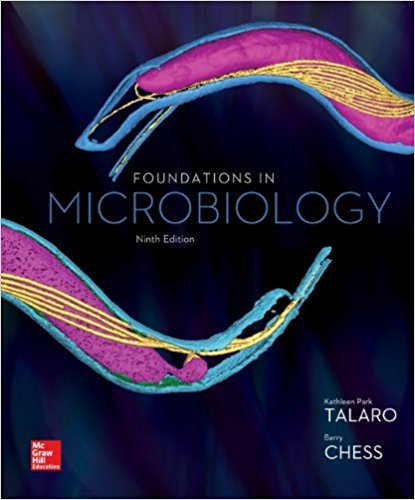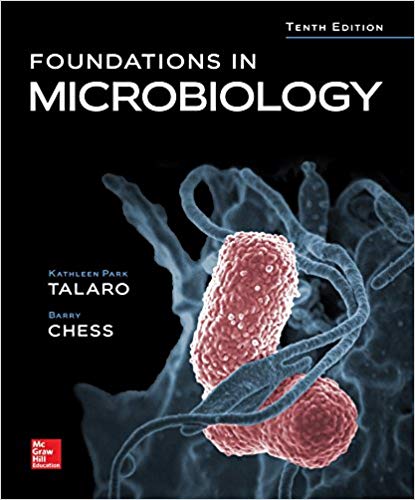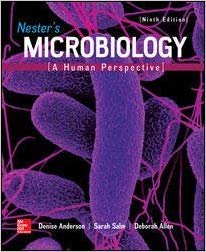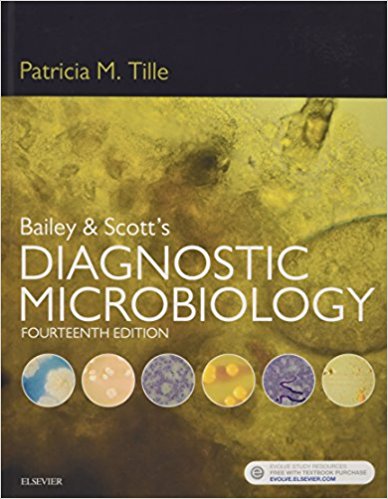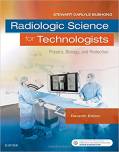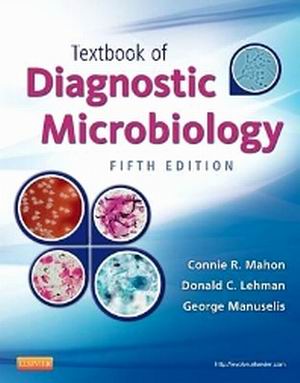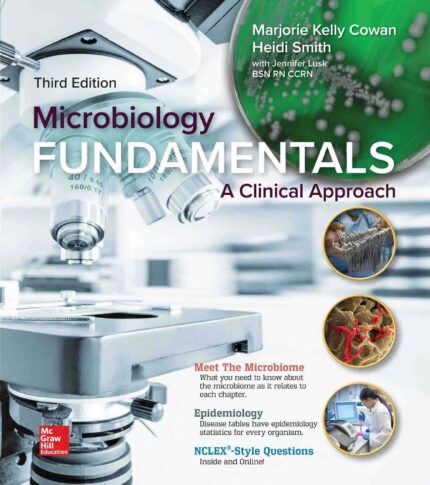Test Bank For Foundations in Microbiology 9th Edition By Talaro
1. Disease-causing microorganisms are called
A. decomposers.
B. prokaryotes.
C. pathogens.
D. eukaryotes.
E. fermenters.
2. The microorganisms that recycle nutrients by breaking down dead matter and wastes are called
A. decomposers.
B. prokaryotes.
C. pathogens.
D. eukaryotes.
E. fermenters.
3. The microorganisms that do not have a nucleus in their cells are called
A. decomposers.
B. prokaryotes.
C. pathogens.
D. eukaryotes.
E. fermenters.
4.When humans manipulate the genes of microorganisms the process is called
A. bioremediation.
B. genetic engineering.
C. epidemiology.
D. immunology.
E. taxonomy.
5. Which of the following are not considered microorganisms?
A. mosquitoes
B. protozoa
C. bacteria
D. viruses
E. fungi
6. All microorganisms are best defined as organisms that
A. cause human disease.
B. lack a cell nucleus.
C. are infectious particles.
D. are too small to be seen with the unaided eye.
E. can only be found growing in laboratories.

